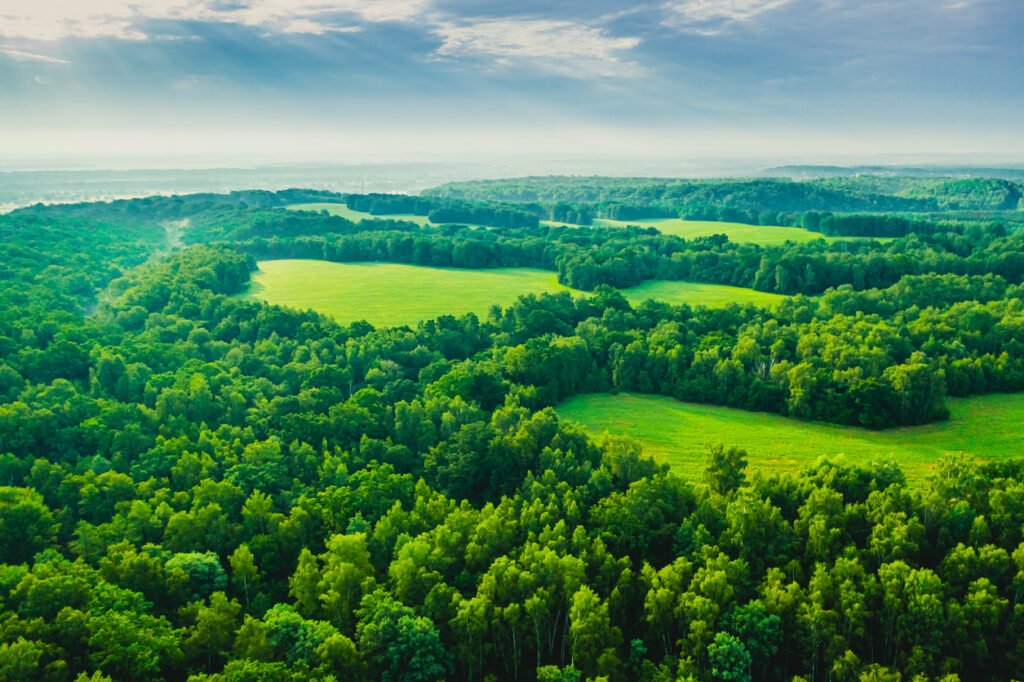
Instruct a Biodiversity Net Gain Surveyor today!
More than 1,000 clients each year put their trust in us.
Our BNG consultant surveyors are the trusted choice for businesses and developers across the UK. They come from a rich background of working with those who have a need for exceptional environmental consulting services, and they know how to deliver that kind of expertise. They don’t just hand over a report and walk away, either; they stay with a project from its very early stages to its completion, working with our clients and their planning authorities to ensure that any relevant authorities think our reports are just peachy. And they do this all over the UK.
Request a Biodiversity Net Gain Report for Your Property Development!

Get a Quote

Confirm your Ecology Survey

Receive the BNG Report
Get Your Free Quote
Testimonials
“Biodiversity Surveyors gave us a Preliminary Ecological Appraisal and then went on to conduct a thorough Phase 1 Habitat Survey. Right from the start, their expertise and professionalism were apparent; these guys really know what they are doing by ensuring that our development stays on the right side of all environmental regulations. We felt totally supported throughout the entire process, and I can't recommend them highly enough.”

Developer, London
"Their project strategy for Biodiversity Net Gain was excellent. They helped us meet not just the requirements but also the spirit of the latest regulations. This was accomplished with a series of creative solutions. We rate them as outstanding for quality of service and speed of delivery.”

Developer, Manchester
The Importance of a BNG Surveyor

For new development projects, wherever feasible, as many habitats as possible should be left unscathed. This is because, by leaving intact the existing habitats and ecosystems, we do the most to curtail the adverse effects of development on local wildlife.
If we can’t save the habitats, we have to at least try to create new ones. UK law now requires that, starting in 2024, new developments have to produce a 10% net increase in biodiversity.
Follow-up measures will need to be taken by developers to ensure new habitats support existing wildlife.





